Foxu Mountain is more famous than Niulan Mountain in ancient times, and one of the eight scenes of Shunyi is also here.
Author:Beijing Evening News Time:2022.09.13
When it comes to Niulan Mountain, no one knows in the capital. However, rarely known to the Fox Slave Mountain that looked at the Baihe River in Niulan Mountain.
Foxu Mountain is located at the junction of two towns of Mulin and Beixiaoying, with an altitude of 92.8 meters. Shunyi does not have high mountains. Foxu Mountain is not well -known, and it sounds a bit puzzling, but in ancient times, it was more famous than Niulan Mountain. In the early years of the Western Han Dynasty, Foxu County was set up in Yuyang County. The site of Foxu County was under the Beifu Village of Beifu Village, Beifu Town, Shunyi District. The site of the Foxu County is located in the local vulgar urban slope. It has unearthed Chinese utensils such as Taojing, Hanwa, bronze swords, and five baht.
Foxu Mountain and Niulan Mountain are across the river, which makes people wonderful. On the one hand, the galaxy is a burden on the cowherd, and on the other side is the weaver. The Chaobai River is exactly like the galaxy in the sky, and the historical stories of Foxu Mountain are no less than weaver.
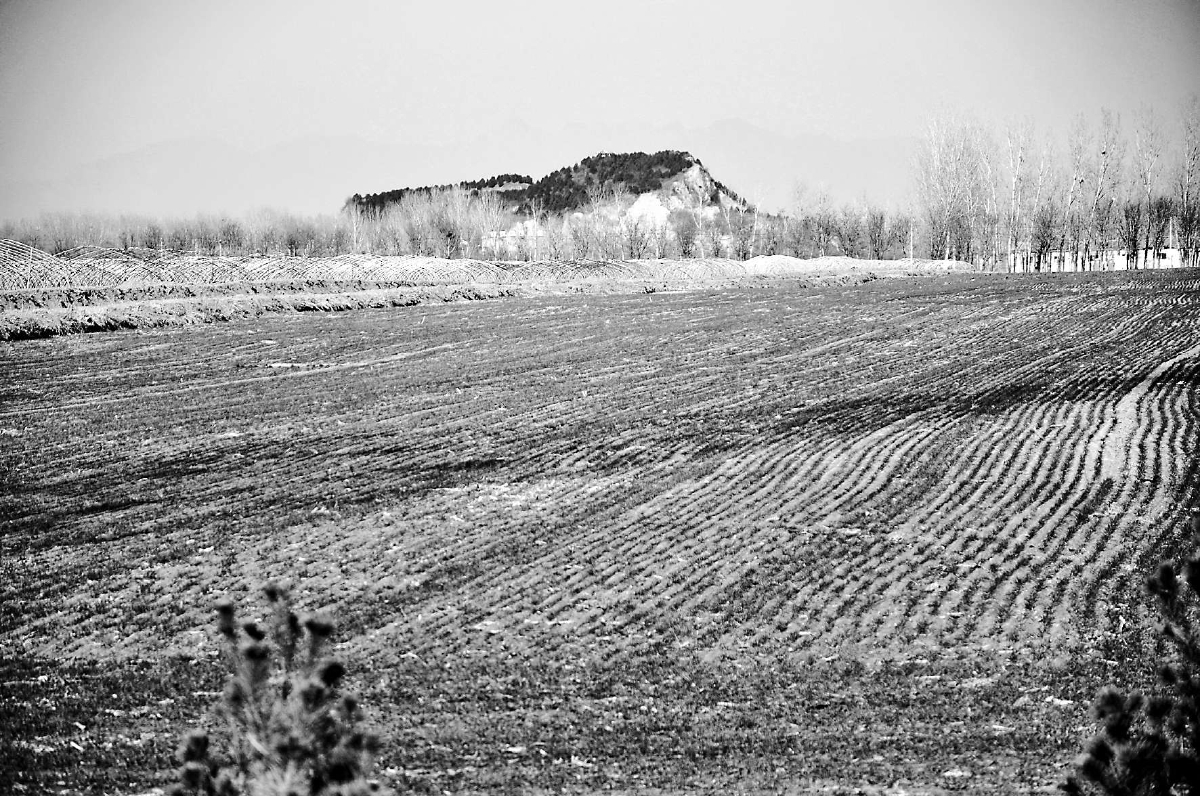
Far look at Foxu Mountain
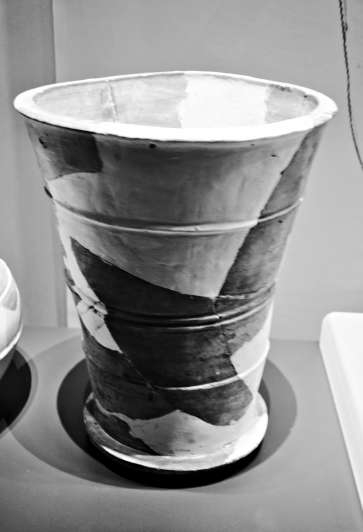
Da Tao Cang unearthed from Shunyi (also known as ration hoarding)
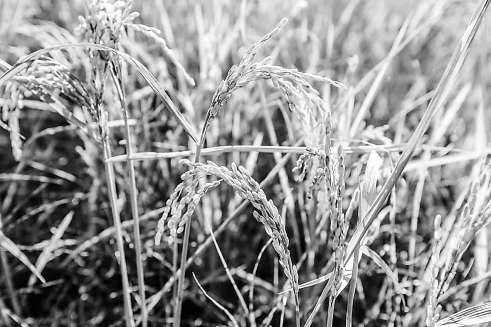
Rice photography planted by Qianlu Village: Wu Yibin
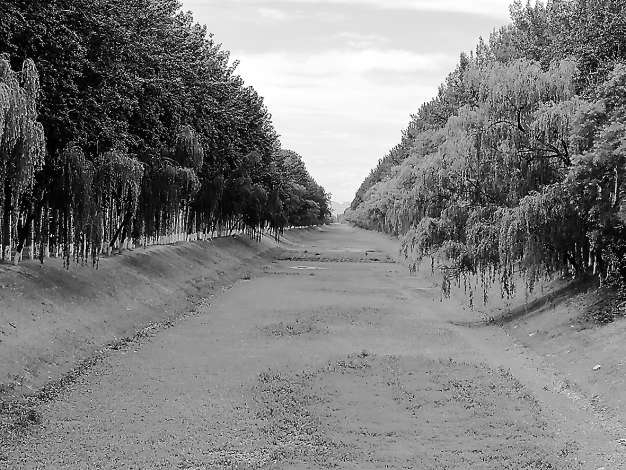
The Old River of the River River (the photos in the text are Gao Wenrui Photography, except for the signature)
Emperor of the Han Dynasty rice incense
There are small stone cities on the Foxu Mountain, as well as temples. The pine trees in front of the temple have hundreds of years old, and all three people can't hold it. Locals said that Shicheng has gone long ago, and the land temple was demolished in the 1960s.
During the Eastern Han Dynasty, Zhang Kan played an important role in the history of the Foxu Mountain. He once served as the eunuch of Yuyang County, and Foxu County was within his jurisdiction. Zhang Kan is a native of Wanxian County in Nanyang. In the "The Romance of the Three Kingdoms", Wei Zhan Wancheng rescued Cao Cao. Wancheng is Nanyang, Henan. Zhang Kannengwen was martial arts. During his time as the eunuch of Yuyang, tens of thousands of Xiongnu cavalry came aggressively. Zhang Kan led thousands of people to face and won great victory.
In ancient times, there were many spring water surrounding the fox slave mountains. It seemed to be pressed against a pool of water. The more I wanted to protect it, the more overflowed, including Mingquan and Shuang Lion Spring. The surroundings swamps, dense reeds, wild ducks flying, a beautiful picture. The high groundwater level also passed on the old saying: Daquan's eyes are ninety -nine, and the eyes of Koizumi are all over the ground.
During the Warring States Period, Zou Yan disseminated the cultivation technology and produced food in Mushan. Can frozen mountains grow grain, can the plain waterfish be planted? Zhang Kan began to implement the idea, selected seeds, breeding, and planting tests, and eventually successfully planted rice under the Fox Slave Mountain. Zhang Kan's pioneering and innovative spirit was inherited in the family, and Zhang Heng, the East Han University scientist who invented the earth instrument, was his grandson.
Driven by Zhang Kan's leadership, the villagers reclaimed more than 8,000 hectares of rice fields around Foxu Mountain. The people ate the fragrant rice, and the people's lives were strong and rich, and they circulated the songs of eternal eternal songs: "Sang Wu has no branches, wheat ears are divergent; The local people thanked Zhang Kan to make a blessing side, and then built a temple to show their nostalgia. The Zhangkan Temple Temple is no longer there, and the site is in Luluzhuang Village, front of Shunyi District. Qianru Gongzhuang Village has built a new memorial hall to show Zhang Kan's life and contribution.
After Zhang Kan, there was also a character that promoted rice planting. The sixth son of the Eastern Han Dynasty, Deng Yu, the sixth son, Deng Xun, led his troops to the Fox Slave Mountain to prevent the Xiongnu and Wusheng attack. Deng Xun built a castle in the southwestern southwestern part of Foxu Mountain. The size and regulations of the castle are unknown, and there is no trace in the erosion of time and the erosion of the battle. Deng Xun continued to recover more than two thousand hectares of rice fields. In the early years of Jiajing of the Ming Dynasty, Li Gong wrote a poem when he visited here: "Ren Deng Fanghu's office, and the soldiers of the soldiers.
Zhang Kan introduced new crop varieties and taught new production technology. This is a large -scale agricultural development in the history of Beijing. It not only made the Fox Slave region a hometown of fish and rice, but also promoted the agricultural development of Beijing. Some elderly people say that the natural conditions here are good, the rice output is high, and it can be eaten for seven years in the previous year. The water is good, and the rice produced is commonly known as "three stretches of waist." "Stretching" is steaming, and the rice fragrance of rice just comes out is more steaming. On the third day, the hot steam is still fragrant. Today, the rice planted under the Mountain of Fox Slave is called "three stretches of waist" rice, and it is a district -level intangible cultural heritage.
Looking at the slave mountains from the distance, the surrounding good fields are lined, the rice waves are rolling, and a piece of green. At the end of Tian Mo, the blue mountain shape appeared, forming a classical picture of green mountains and green water, which is particularly beautiful. This is one of the eight scenic spots of Shunyi.
Spring Water Gather the Arrow River
Foxu Mountain is also known as Hulu Mountain. Some people understand that they are drinking the Huns. This explanation may be a bit biased. During the Three Kingdoms, Cao Cao conquered Wuyu, led his soldiers to the Bohai Sea in the Northeast. Cao Cao was also stationed in the Foxu Mountain, and the mountain was called Cao Wangshan. The son of Cao Cao, Cao Yong, called Emperor Wei Wen. The second year of his ascending to the throne was inspected here. It can be seen that the fierce competition of this small mountain less than 100 meters high at the time. Cao Cao and Cao Yu left the mark on the Foxu Mountain, and the Weijiadian Village here was named.
During the Northern Wei Dynasty, the Daoyuan Yuan explained another explanation of the Foxu Mountain, thinking that "the water does not flow." There was a pond in front of the mountain, known as the Mizawa in the ancient times, and the descendants were called Longtan. Tao Yuan's explanation has a certain science. After all, he is an expert in studying water. Today, the pond in front of the mountain has long been dry, but the name of the mountain is retained.
Fox slave mountains produced green stone and lime, and there were several stone factories and gray kiln during the Republic of China. With the excavation of minerals, the mountains, which were not tall, became thinner and smaller. The west of the Weijiadian Village next to the mountain has the flat land from the Mountains of Fox Slave. The original hill next to the Foxu Mountain, the lonely peak towering, is known as the shoe mountain. The mountain shape is slightly biased, and the homophonic is also written as evil mountains. Legend has it that Erlang Shenshan rushed to the sun, and felt that he was 硌 传, sitting on the ground and hitting shoes, falling out of a stone, that is, this is the mountain. There are two stone seals on the shoe mountain. Legend has the footprint left by Erlang Shen. Now the entire shoe mountain has become flat, and there are no traces. The ponds in front of the Foxu Mountain are rich and the surrounding water is full of water. There are strange wells in the local area, and they can drink it with their hands. They flood out three times a day, overflowing more when there is a tide. The ancients speculated that its water source may be connected with the sea. The overflowing well water is dredged as a canal, which can irrigate hundred acres of fields, which is called "holy well", so there is "three tide of holy wells", which is listed as one of the eight scenic spots of Shunyi.
There are many huge spring eyes under the Foxu Mountain: the southwest foot, northeast and east are sprayed out. The largest Longwei pit is located in Dongfu Village, also known as Dongfu Village, with an area of about 5 acres. In the 1970s, Dongfu Village Spring also poured high water. Today, there is still a large pit in the northeast of Dongfu Village, which is said to be the corner of the spring water.
Many spring water gathers together near the Foxu Mountain, flowing to the southwest, and in line with the Qiujia shop, forming a river, tortuous south, called "Wo Toutou River", commonly known as "Luo River", also known as "Arrow River". As for the name of the arrow rod, it is said that because of the narrow river channel, some say that the river channel is straight, like a arrow shot. In short, the name of the arrow river is passed down.
The River River Bank is a passage from the south to the north. There are many villages along the coast. The business brigades on the road are also royal travel. There are many slate or stone beam bridge along the river. The Shengshui Bridge is northwest of Dongfu Village. It is the first bridge of the source of the River River. Twenty -four years (1844) was rebuilt. Along the bridge, the green willow is shaded, and the pedestrians are mostly resting here. There is a sluice in the river, which can be adjusted with water irrigation rice fields. According to local rumors, there was an emperor's one -acre and three -pointers in the Northeast of the Holy Water Bridge. Spring days were cultivated here to show their attention. Xinglong Bridge is northwest of Qiujiadian. To visit the road of Foxu Mountain, there is a monument to the south of the bridge. The Gaoliang Bridge was rebuilt in the ninth year of the Wanshui Bridge and the north of Qiujiadian.
The arrow rivers are clear and clear, the trees on both sides of the strait are lush, the reeds are green, the rice is cloudy, and the scenery is pleasant. The ancients had a poem, "Looking at the Holy Water Bridge upstream and downstream": "The four paids are vast in the bridge, and all things are giving birth to Xiufang. Fragrant incense. Tian Lao Fisherman sings together, and he is doubtful to enter Shuiyun Township. "The famous" Qu Shui Qingtao "is one of the eight scenic spots of Shunyi, which is both a beautiful scenery and a admiration for the rivers and the people.
The arrow rod has originated in Shunyi since ancient times. Its basin was a rich place two thousand years ago, forming a deep regional culture, continuing contemporary, and still highlighting Gyeonggi. In the early 1960s, Arrow River attracted the attention of many older generations of writers. Mr. Deng Tuo wrote "The Fragrance of the River River River"; Mr. Lao She created the allegro "Chen Dizhuang Village Raising Pigs" here; the writer Hao Ran's "Golden Avenue" completed the creation in Nancai Town; The typical environment, the drama "The River River" was created, and was adapted into movies, as well as the dramas such as Peking Opera, Mocho, Hebei Xunzi, which affected a generation.
(Original title: There are many stories on the edge of Foxu Mountain)
If the content of the work, copyright and other issues, please contact this website within 30 days from the date of publishing related articles. Copyright infringement Tel: 010-85202353
- END -
Art "inlaid" industrial heritage heating factory gorgeous turn to art class
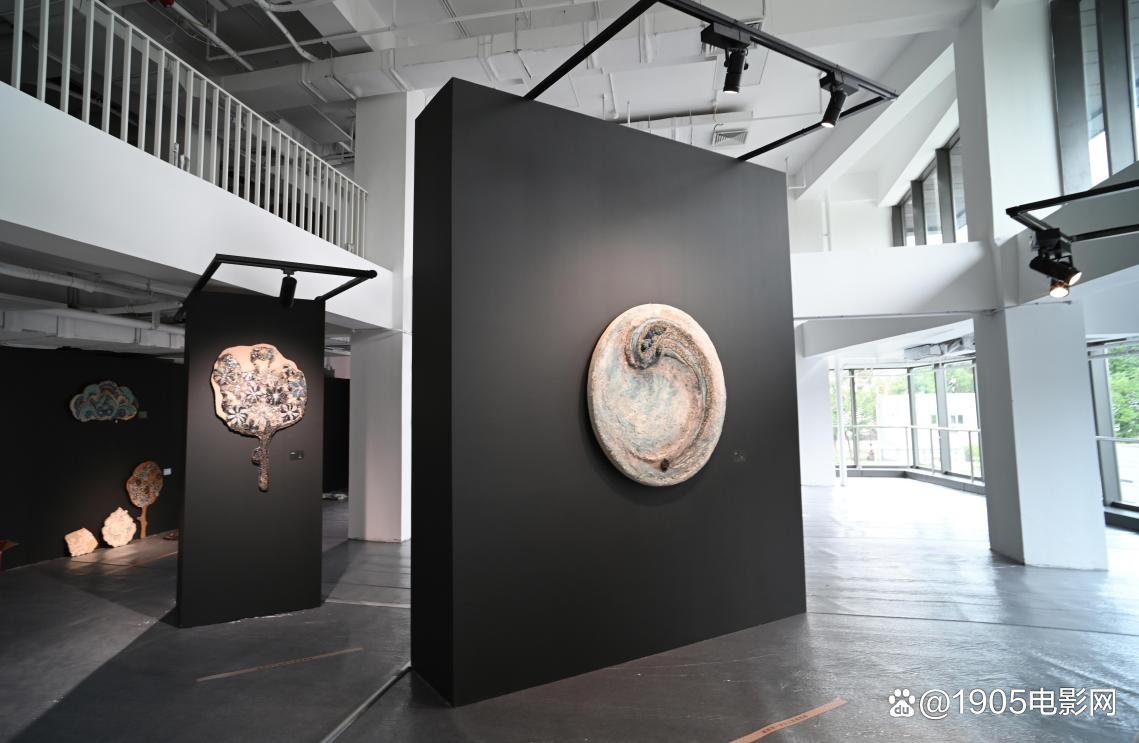
1905 Film Network News On September 3rd, the opposite inlaid art exhibition opened...
Hangzhou City Living Room • West Strait on both sides of Xixi takes you to understand the architecture of the Song Dynasty, and know the De Shou Palace
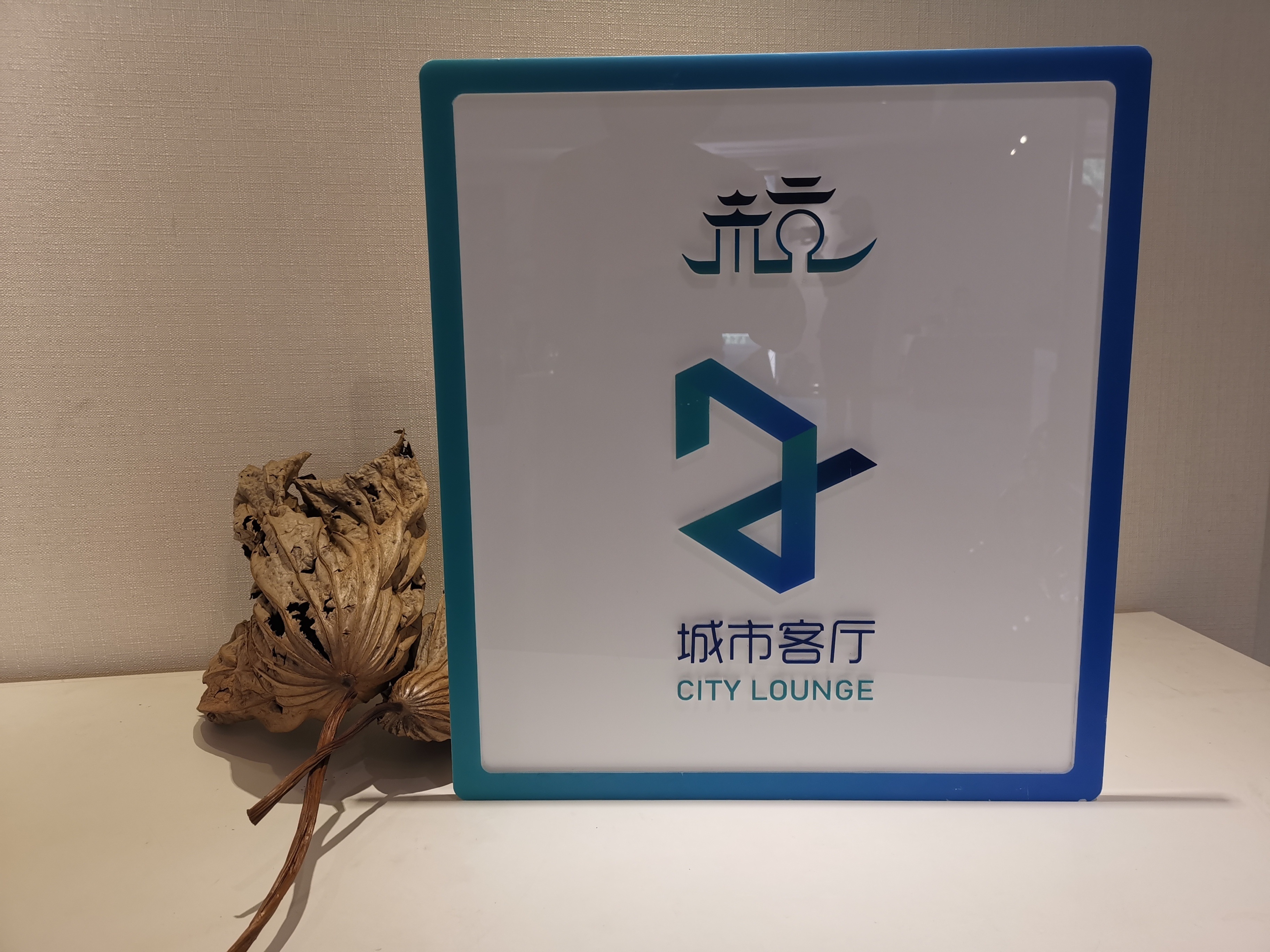
On the afternoon of August 13, 2022, Hangzhou City Living Room • Xixi Cross -Stra...